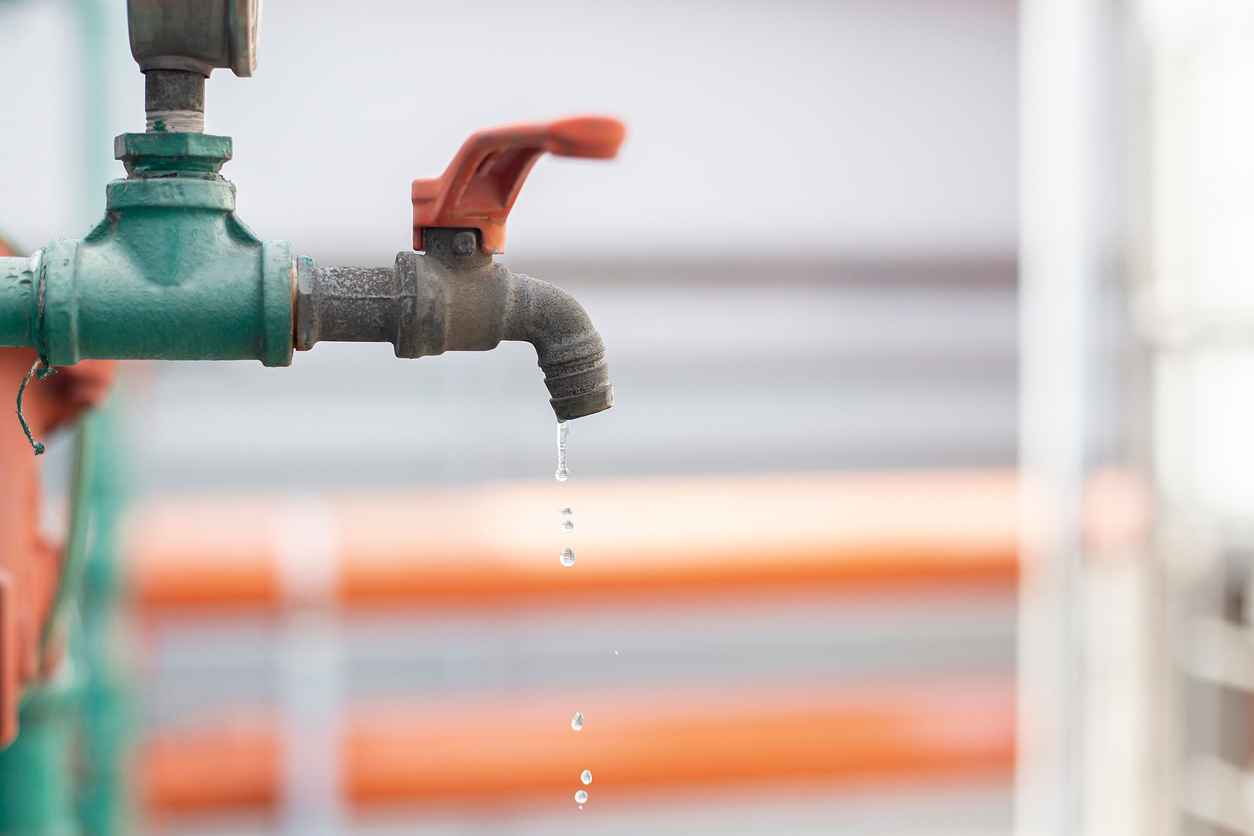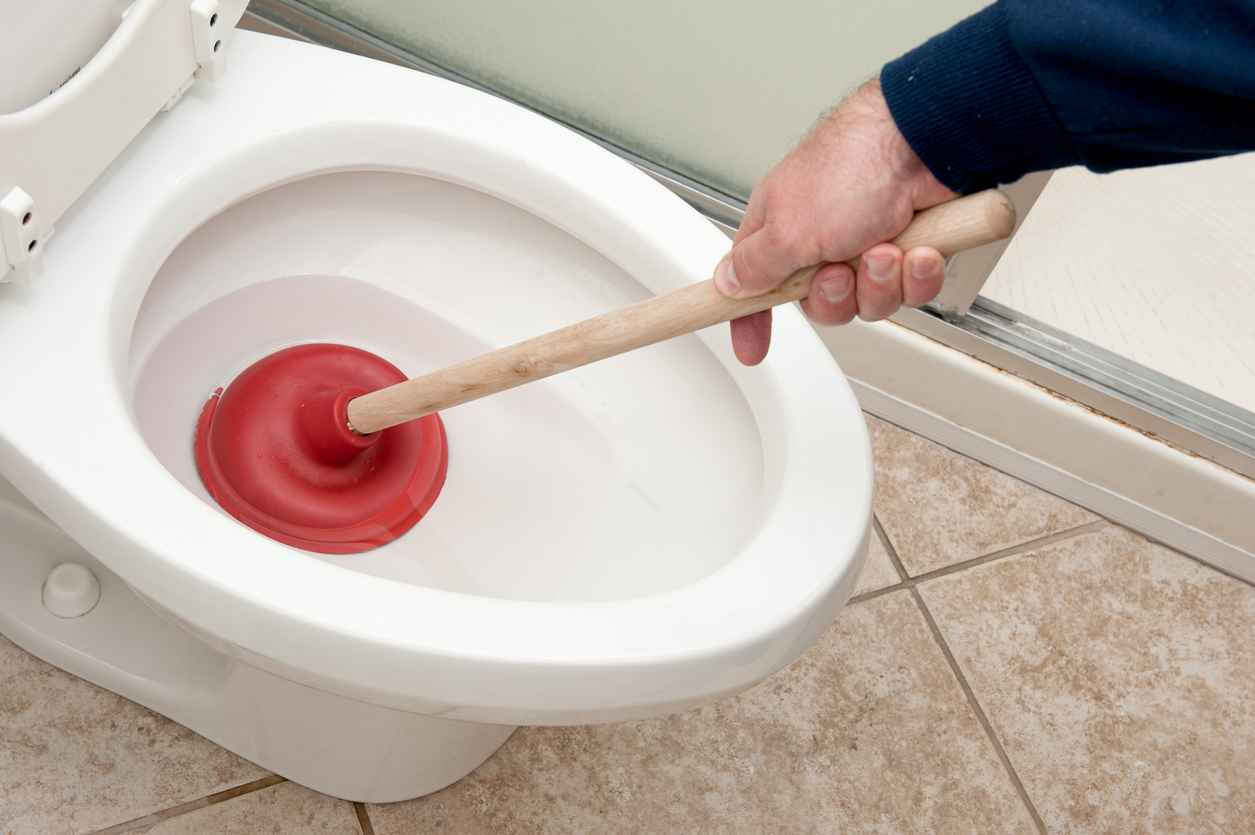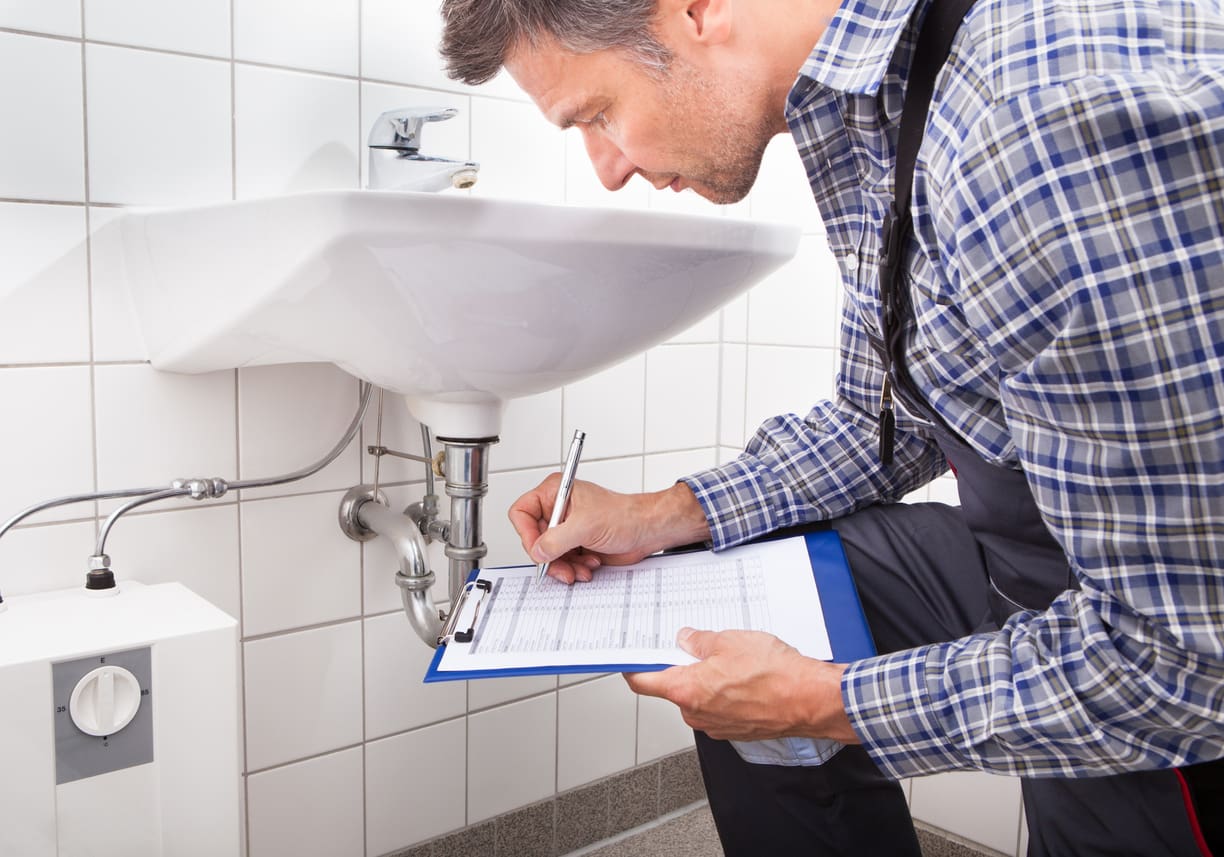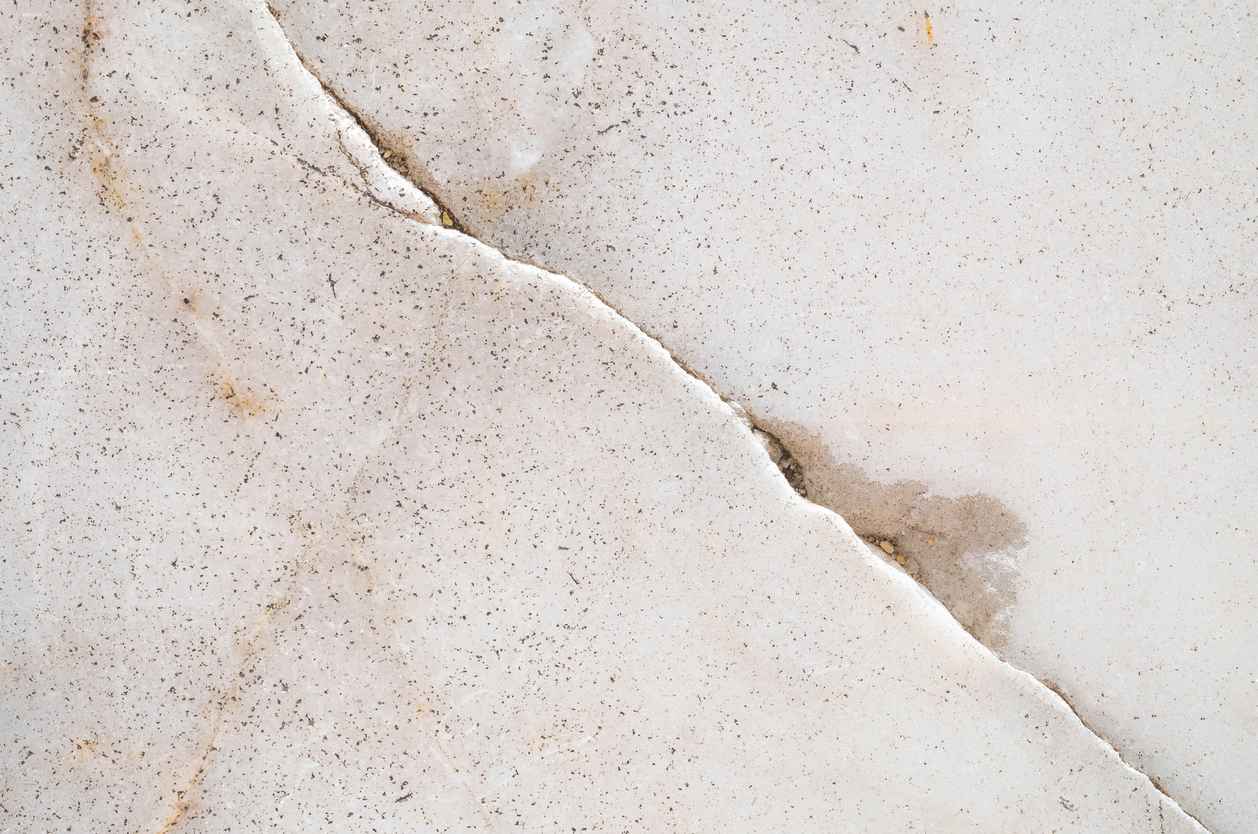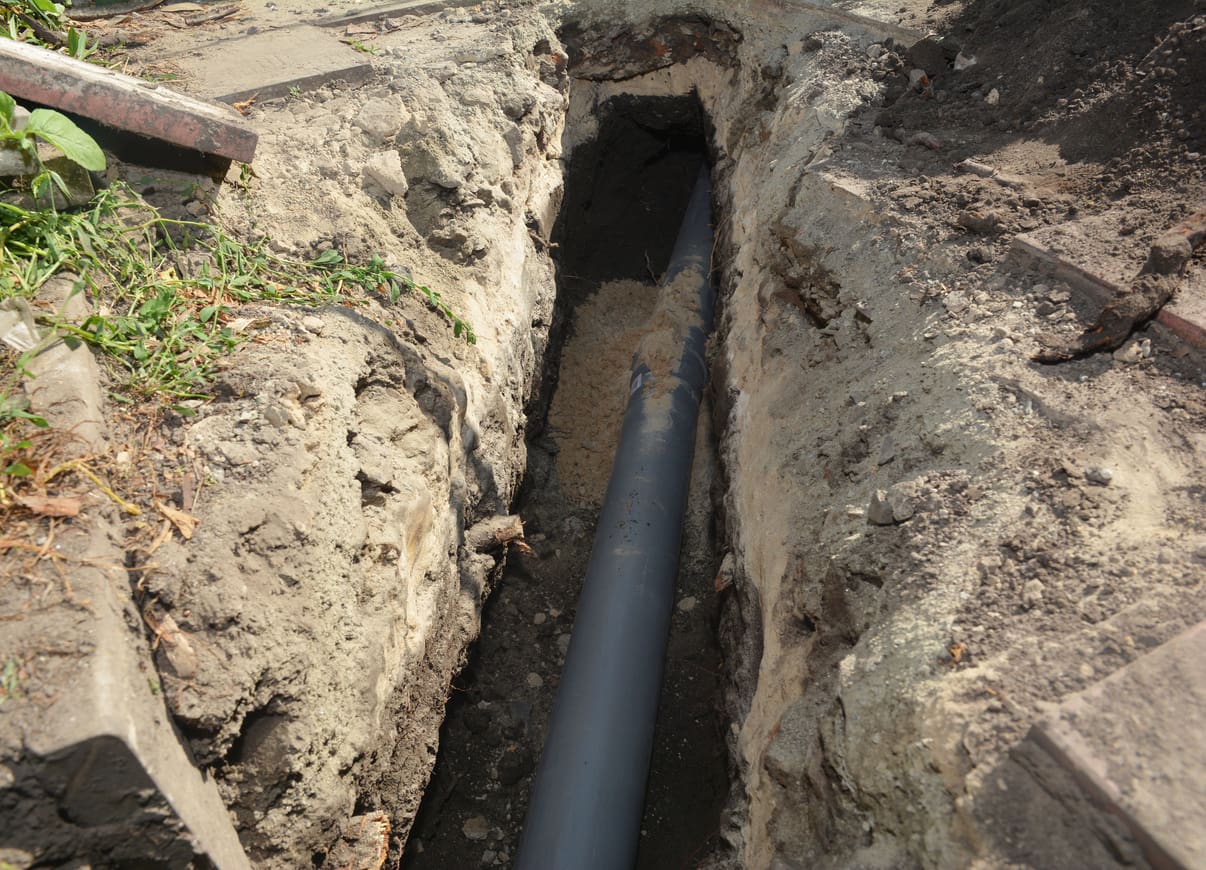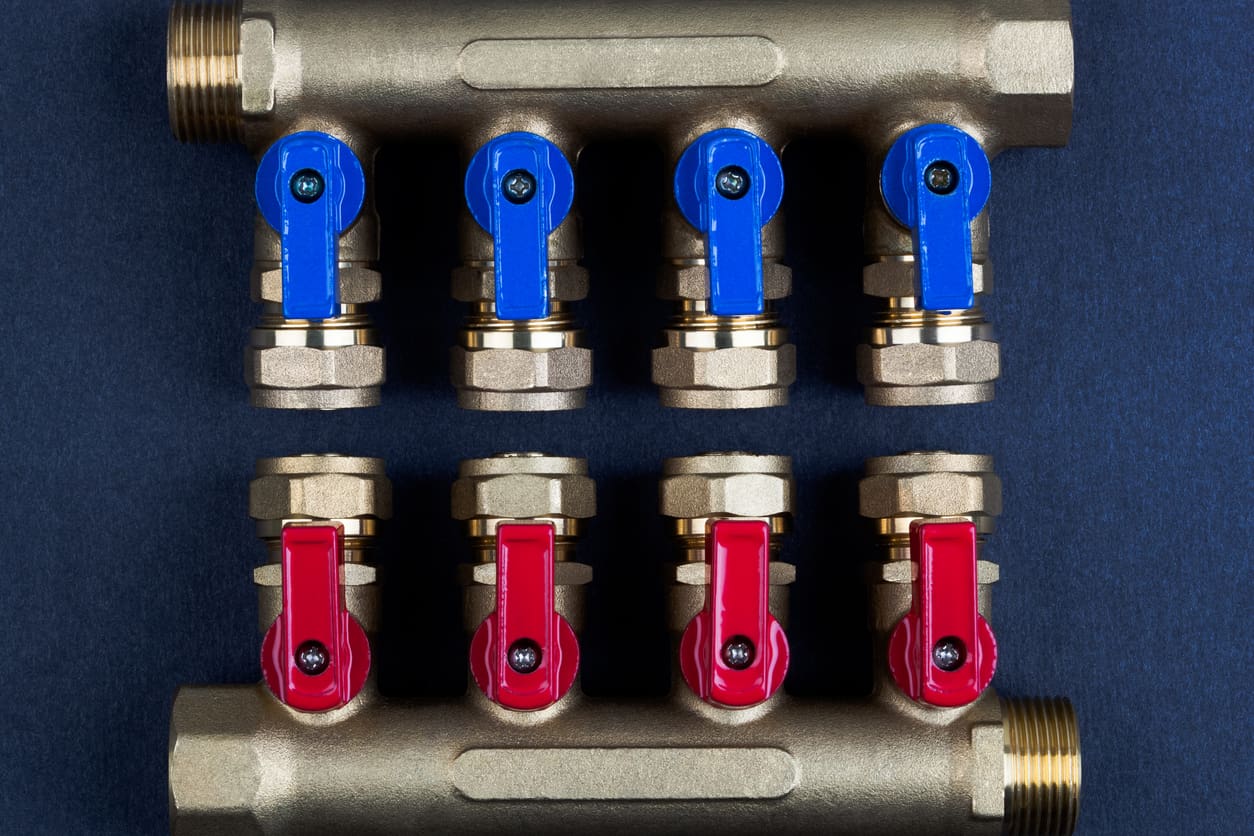absolute plumbing Inc.
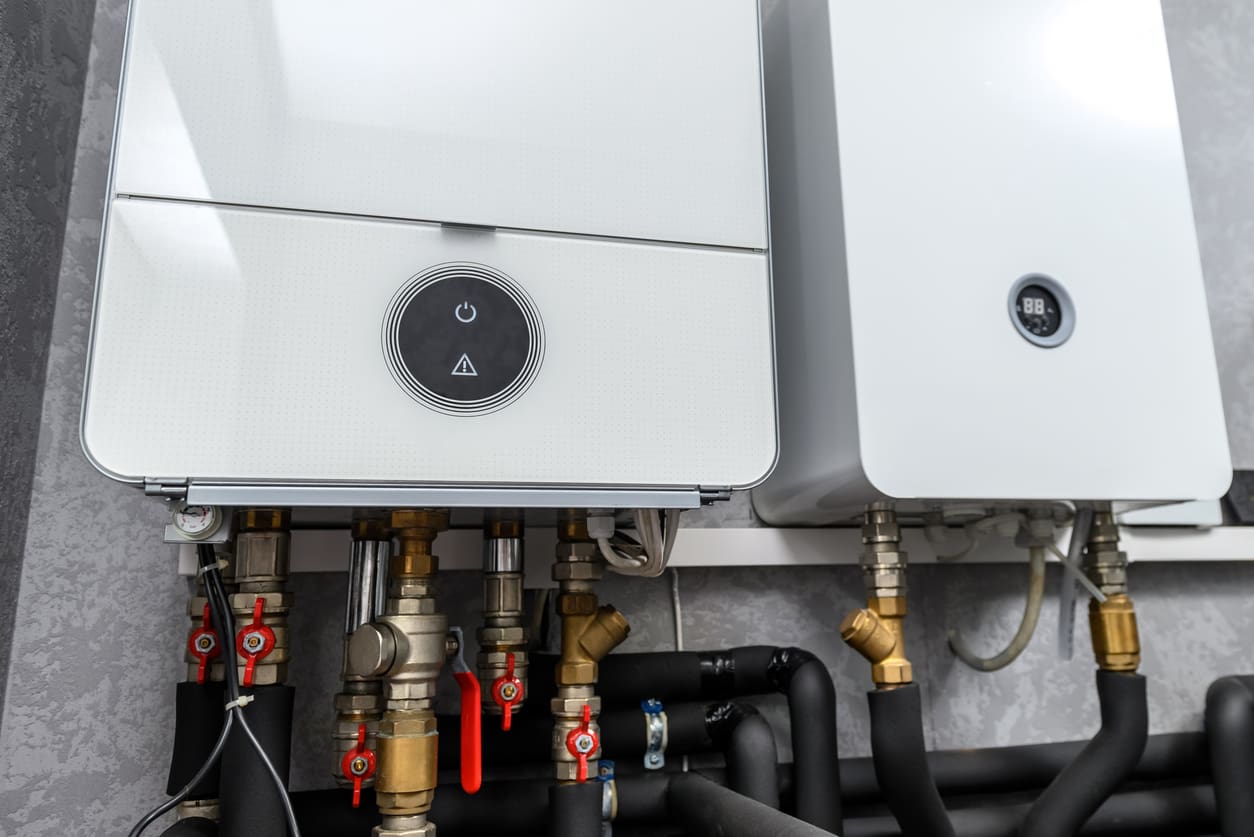
How Long Do Water Heaters Last?
When it comes to maintaining a comfortable and functional home, one of the most crucial appliances is the water heater. It provides the hot water necessary for bathing, cooking, and cleaning, making it an indispensable part of daily life. However, like all appliances, water heaters have a finite lifespan. Understanding how long water heaters last can help homeowners plan for replacements and avoid the inconvenience of unexpected breakdowns.
Understanding Water Heater Lifespan
The lifespan of a water heater can vary significantly based on several factors including the type of water heater, the quality of installation, the level of maintenance, and the hardness of the water in your area. On average, traditional tank water heaters last between 8 to 12 years, while tankless water heaters can last up to 20 years or more.
Types of Water Heaters and How Long They Last
- Tank Water Heaters: These are the most common type and typically use either gas or electricity to heat and store water in an insulated tank. The lifespan of tank water heaters usually ranges from 8 to 12 years.
- Tankless Water Heaters: Also known as on-demand water heaters, these units heat water directly without the use of a storage tank. They tend to have a longer lifespan, often 20 years or more, due to less corrosion since water isn’t stored for long periods.
- Heat Pump Water Heaters and Solar Water Heaters: These are more environmentally friendly options and typically have longer lifespans than conventional water heaters, provided they are correctly maintained.
Factors Affecting Water Heater Life Expectancy
- Quality and Type of Water: Hard water, which is high in mineral content, can lead to sediment buildup in the tank. This buildup can decrease efficiency and increase the likelihood of corrosion, thereby shortening the water heater’s useful life.
- Maintenance: Regular maintenance is crucial for maximizing the lifespan of your water heater. This includes tasks such as flushing the tank to remove sediment build-up, checking the anode rod, and inspecting the temperature and pressure relief valve.
- Installation: Proper installation by a qualified professional is crucial for ensuring the optimal performance and longevity of water heaters. Incorrect installation can lead to frequent repairs and reduced lifespan.
- Frequency of Use: The more a water heater is used, the more wear it experiences. Homes with high hot water usage may find their water heater wears out more quickly than expected.
Signs It’s Time to Replace Your Water Heater
Knowing when to replace your water heater is key to avoiding the inconvenience of sudden failures. Here are some signs that it might be time to consider a new water heater:
- Age: If your water heater is older than its expected lifespan (10-12 years for tank models, 20 years for tankless), it may be time to replace it even if it’s still functioning, as older units are less efficient and more prone to malfunction.
- Rust and Corrosion: Visible rust on the tank or in the water, especially hot water, is a clear indicator that your water heater is nearing the end of its life.
- Inconsistent Water Temperature: Fluctuations in water temperature can indicate that your water heater is failing.
- Leaks: Any signs of leaking around the water heater are a prompt for immediate attention, possibly requiring a replacement.
- Noisy Operation: Rumbling, banging, or popping sounds can be a sign that sediment has built up and the water heater may be at risk of failure.
Maximizing Your Water Heater’s Lifespan
To extend the life of your water heater and ensure it operates efficiently, consider the following tips:
- Regular Maintenance: Schedule annual inspections and maintenance with a professional to keep your water heater in optimal condition.
- Soften Your Water: If you have hard water, consider installing a water softener to minimize sediment buildup.
- Adjust the Temperature: Keeping the water heater temperature at 120-140 degrees Fahrenheit reduces the risk of overheating and slowing mineral buildup.
- Inspect Anode Rod: Check and replace the anode rod every few years to prevent corrosion inside the tank.
Conclusion
Understanding how long water heaters last and recognizing the signs of wear and deterioration are crucial in maintaining the efficiency and reliability of your home’s hot water supply. Regular maintenance and timely replacement can help maximize the performance and lifespan of your water heater.
If you’re unsure about the state of your water heater or if you need professional advice and services, don’t hesitate to contact Absolute Plumbing. Our team of experienced professionals is ready to help you with all your plumbing needs. Whether it’s time for a routine check-up or a brand-new installation, Absolute Plumbing has you covered. Contact us today to ensure your water heater and plumbing systems are in peak condition!

